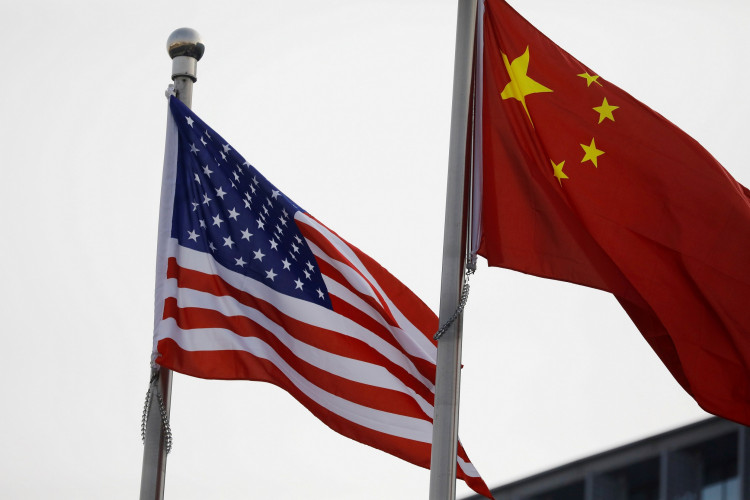President Joe Biden, who will sign the Inflation Reduction Act (IRA) into law later on Tuesday, claims that the legislation contains the "largest investment ever in combating the existential crisis of climate change".
Federal funding for climate change and energy security will total about $369 billion, increasing domestic production of wind turbines, solar panels, and electric vehicles. The green investment has a metallic sting in the tail, though.
The current electric vehicle (EV) subsidy of up to $7,500 is extended and increased by the IRA, although the tax credit is subject to the origin of the battery's mineral composition. Lithium, nickel, cobalt, and manganese are the four critical metals in a battery, and at least 40% of those metals must originate in the United States or from an FTA partner. By 2026, that proportion will have increased to 80%.
Automobile manufacturers vigorously opposed the linkage, claiming that China continues to dominate the battery metals supply chain and that the United States is too far behind. But that's not the point. In order to break China's sway and expand local, or at least friendly, vital minerals capacity, a relationship between subsidies and mineral input has been established.
In order to put a stop to China, automakers should "get aggressive and make sure that we're extracting in North America, we're processing in North America and we put a line on China," according to Senator Joe Manchin, who developed the plan for the EV subsidy program's mineral sourcing strategy.
According to Benchmark Mineral Intelligence, China now has 81% of the global capacity for producing battery cathodes, 75% of the global capacity for refining cobalt, and 59% of the global capacity for processing lithium. Only 3.0% and 3.5% of the world's lithium and cobalt, respectively, are defined by the United States and Canada together, and their battery cathode capacity is significantly lower.
Canada is an FTA partner, and Australia, Chile, Mexico, and Peru are also major mineral producers. Argentina, which is currently seeing a boom in lithium investment, and Indonesia, which is developing and becoming a significant battery metals production hub centered on its vast nickel reserves, are not included on the list. The European Union, which has already stated that the new EV subsidy system may violate World Trade Organization regulations, is also absent from the list.
South Korea agreed. Despite the fact that battery producers like LG Energy Solution and Samsung SDI should profit from the nation's FTA status, they can also be reliant on Chinese metal imports.






